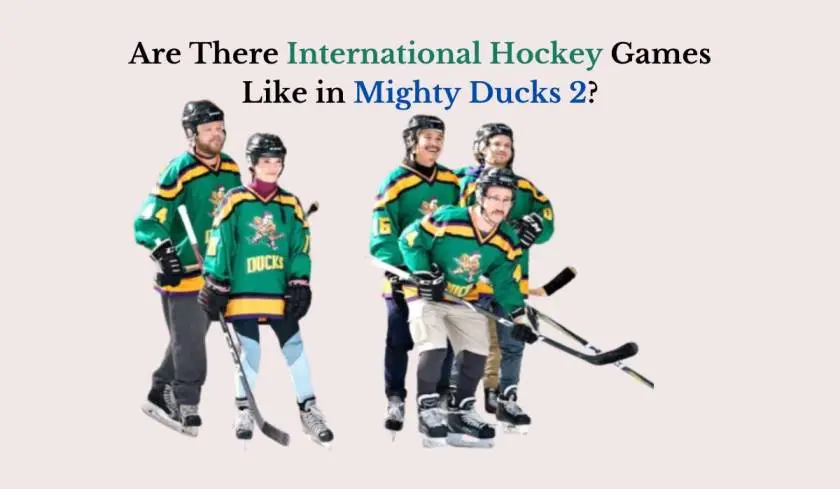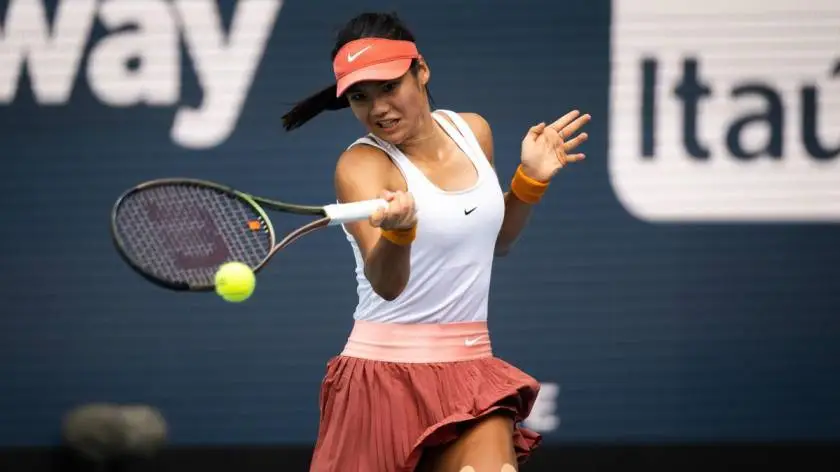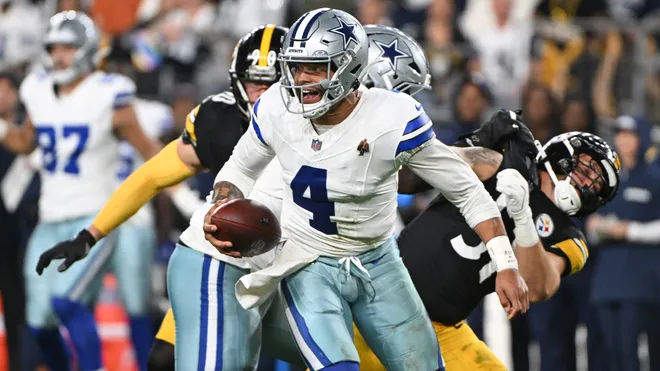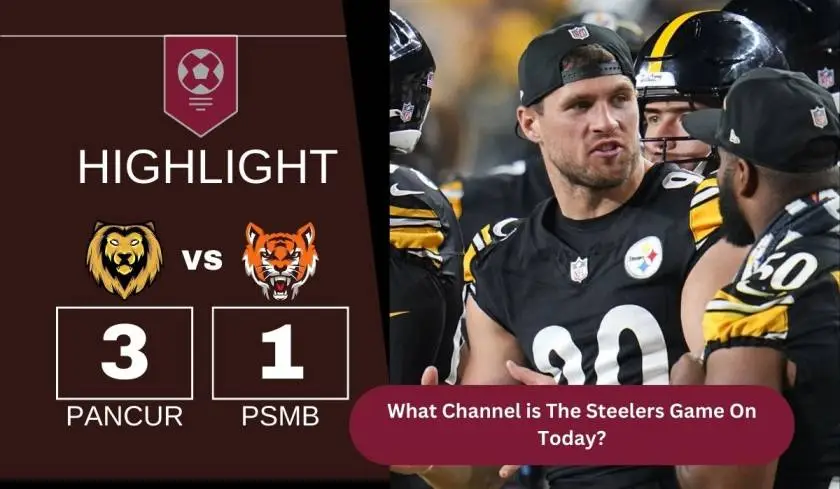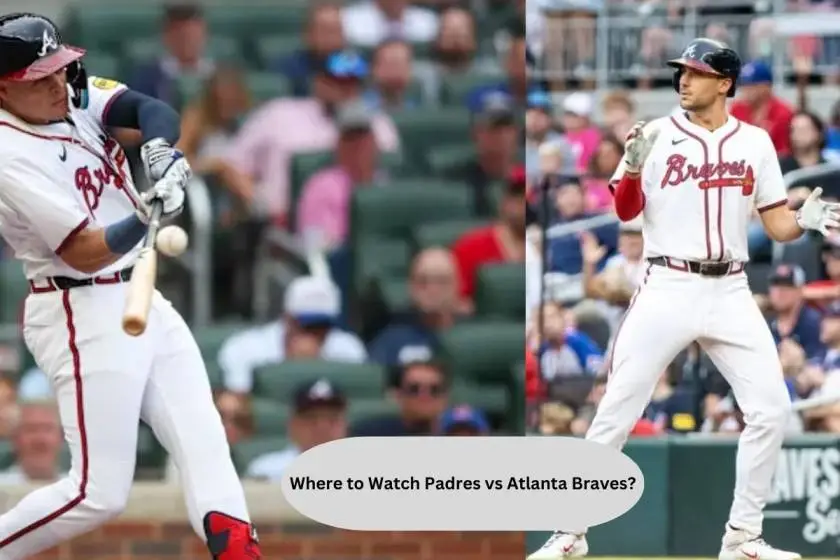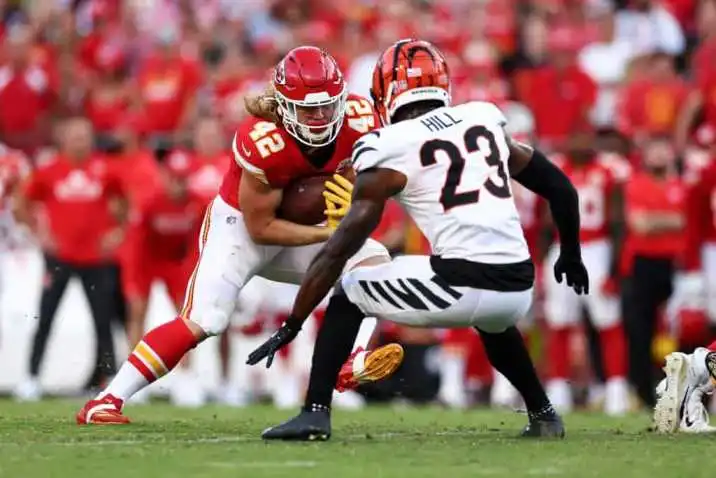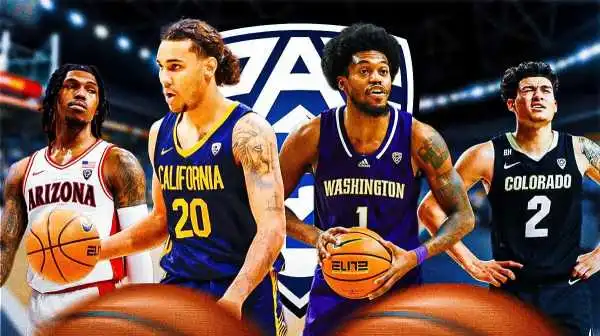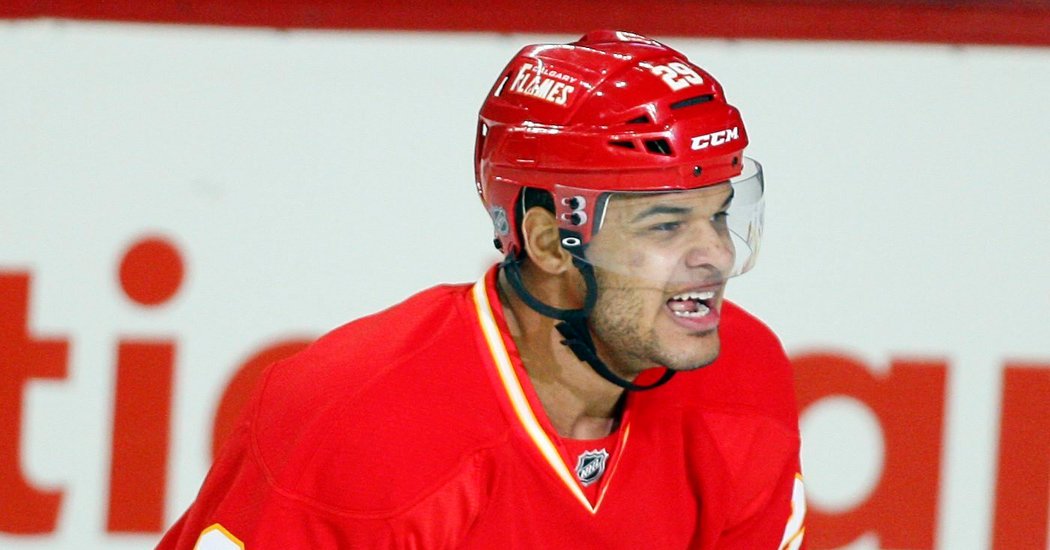
Akim Aliu’s Account of Racism Pushes Hockey to Search Its Soul
Akim Aliu, a former National Hockey League player, gave a harrowing account this week in The Players’ Tribune about his experiences with racism in the sport. Aliu’s unusually frank post — in which he challenged the culture of the sport and named his tormentor — intensified a debate within the hockey community about efforts to diversify.
In the article, Aliu discussed a high-profile hazing incident that took place when he was 16 and playing with the Windsor Spitfires of the Ontario Hockey League. Aliu, 31, said that after he refused to strip naked for a rookie hazing ritual, a teammate retaliated by attacking him with a hockey stick in their next practice, knocking out seven of his teeth.
Aliu wrote that the player was Steve Downie, a top prospect who went on to play 434 games in the N.H.L. In the article, Aliu referred to Downie as a “racist sociopath.” Downie could not be reached for comment after multiple attempts by email and on social media to contact him through former teams and associates.
“He was two years older than me and a rising star, and he wielded his power over me like I was nothing — like I was subhuman,” Aliu wrote.
He added: “If you’ve heard of me, you’ve heard of the hazing incident that took place that season. Thanks to this guy, that was the way I was introduced to the entire hockey world. I was the kid who wouldn’t go along with it. The kid who didn’t ‘get’ the culture.”
Aliu’s comments resurfaced an examination of the sport’s culture that became especially urgent in November when Aliu, who was born in Nigeria and reared in Ukraine and Canada, accused Coach Bill Peters, who is white, of referring to him with a racial slur when the two were with the American Hockey League’s Rockford IceHogs during the 2009-10 season. Peters, who by 2019 was coaching the Calgary Flames, resigned shortly after the accusations but has since been hired to coach a team in Russia’s Kontinental Hockey League.
The N.H.L. began an investigation into that accusation and said in a statement that “the behavior that has been alleged is repugnant and unacceptable.” The result of the investigation has not been made public, and a league spokesman declined to comment on Aliu’s article, referring to the N.H.L.’s initial response.
But Aliu’s latest comments have ignited strong responses from the rest of the hockey community, as players, fans, and other stakeholders reckon with an issue they say cannot be resolved from the top down.
Aliu also discussed more recent racial incidents, including an April videoconference chat with fans in which the Rangers prospect K’Andre Miller was subjected to repeated racist slurs from a hacker. Aliu’s article, titled “Hockey Is Not For Everyone,” a reference to the N.H.L.’s “Hockey Is For Everyone” diversity campaign, pointed to advancements the league has made but also noted that racism is a pervasive problem beyond the professional level.
“There was a lot of discussion, of course, around the league about how to move forward from such an incident. To be fair, I think the league has made positive steps regarding what happened,” he wrote. “The N.H.L., though, is not hockey. It’s a hockey league, but hockey is its own thing.”
Since his article was published, N.H.L. players have expressed support for Aliu on social media. “We must all do better and help bring change,” Vegas Golden Knights goalie Robin Lehner wrote in a Twitter post.
“Thank you @Dreamer_Aliu78 for sharing these truly disturbing accounts of racism and ignorance,” Anaheim Ducks goalie Ryan Miller said in another post. “I hope that we can all listen and be active participants in the change that is needed.”
Black Girl Hockey Club, a group that advocates a safe environment for women of color and their allies at hockey games, used Twitter to ask nonblack players and members of the news media how they planned on making hockey a more welcoming environment.
Among the hundreds of people who replied was Liz Knox, a former member of the Canadian national women’s hockey team, who pledged to “question my own privilege, and look for areas of opportunity for inclusion as we build a better future for women’s hockey.”
The discussion comes as hockey is in the midst of a reckoning on its culture. The television commentator Don Cherry was fired in November for making xenophobic comments during “Hockey Night in Canada,” one of the sport’s marquee showcases. Toronto Maple Leafs Coach Mike Babcock was fired nine days later, ahead of accusations about hazing and abuse of his power. Five days after Babcock’s dismissal, Aliu’s accusations against Peters became public.
In early May, the N.H.L. issued a statement denouncing “inexcusable conduct” by Washington Capitals forward Brendan Leipsic and the Florida Panthers prospect Jack Rodewald, who made misogynistic comments in a group chat that was hacked.
Still, some caution against describing hockey culture as intrinsically problematic.
“For me, I have so many teammates and players that I’ve played with who have been so supportive of me in my career, and coaches and GMs that don’t look like me but paved the way for me to get to the National Hockey League,” P.K. Subban, the New Jersey Devils defenseman, said in a podcast interview on Friday.
“Our job is to make the game better,” added Subban, an 11-year N.H.L. veteran who is black, “but it’s also our job to protect the people in the game that have done a great job trying to help these issues go away, and I think we can’t forget to talk about those people, as well.”
Subban, who acknowledged that he had not yet read The Players’ Tribune article, commended Aliu’s outspokenness, but cautioned that the responsibility for change should not fall on any one group’s shoulders.
“It’s not just the responsibility of the black players or players from different backgrounds in the league,” Subban said on the podcast. “It’s of everyone.”
In a telephone interview on Thursday, Aliu said that the coronavirus pandemic had given him an opportunity to reflect on his journey through life and hockey. He said he had reached out to The Players’ Tribune three weeks earlier about describing his experience.
“Because it’s told in my words, I wanted to get my full point across,” he said. “I wanted to make it as raw as possible. I wanted to make it as truthful and as meaningful as possible.
“We’re going to need those star players to come out and back up the conversation. I definitely think hockey has a long way to go. This whole situation is proof of that, that a lot of players still feel silenced. Meaningful change is not going to start until players start coming out and voicing their support.”


